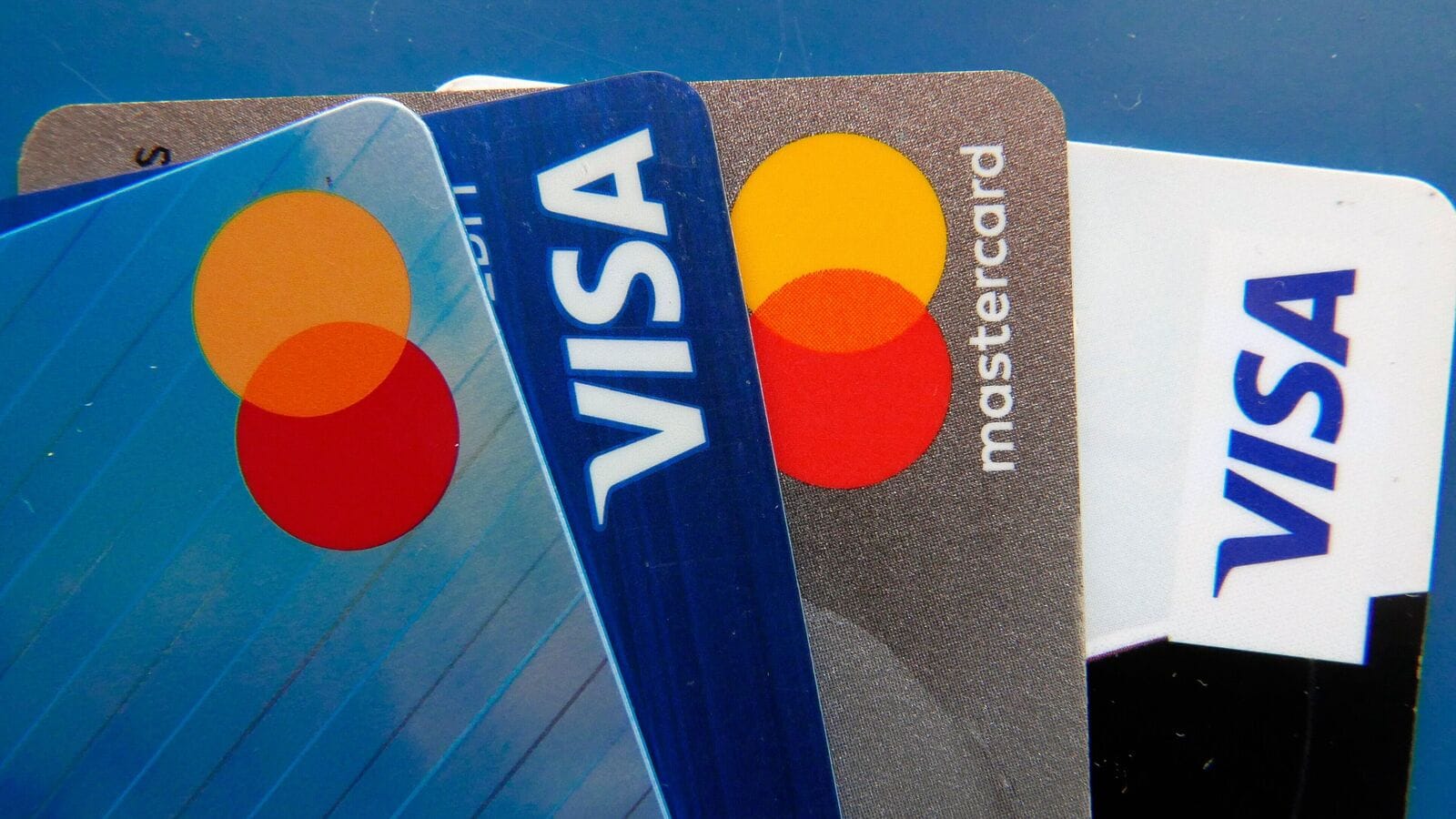(Bloomberg) — Mastercard Inc. is expanding efforts to eliminate the use of credit card numbers when customers make online purchases in a bid to combat fraud.
A decade after it first introduced technology that replaces consumers’ card numbers with so-called tokens, the company now processes 1 billion such transactions each week, Chief Executive Officer Michael Miebach said in an interview. That’s after it took the payments giant three years to process its first billion such transactions.
Now, MasterCard Miebach said the financial industry is planning to expand the use of technology to replace security measures like passwords with biometric data such as fingerprints or facial scans. It’s the latest step the financial industry is taking to combat the growing problem of online payment fraud, which is expected to top $91 billion by 2028.
A decade ago, the common thinking was “if you want to keep it secure, protect data and transactions with passwords,” Miebach said at the Mastercard conference. London offices. “That worked for a while. But then it started to become a vulnerability rather than effective security and protection.”
Mastercard and its rival Visa Inc. first introduced token technology about a decade ago, after fraudsters attacked the payment systems of retailers such as Target Corp. and Best Buy Co., making off with tens of millions of consumers’ credit card data. Initially, the technology focused on replacing card numbers with a token that only networks can unlock, meaning it’s useless if a hacker gets hold of it.
Powered by payment services like Apple Pay, This helped reduce fraud on in-store purchases. However, criminals are now targeting e-commerce sites that require consumers to manually enter their card information to make a purchase.
Increasingly, hackers are also targeting websites in places like India that rely on the use of one-time passwords to enhance security. These passwords, which retailers and banks send to consumers to authenticate their identity, have become increasingly vulnerable to fraudsters, Miebach said.
Mastercard will partner with banks and payment providers around the world to replace these one-time passwords with a token based on consumers’ biometric information. It introduced the service in India this week after signing partnerships with PayU and banks including Axis Bank Ltd.
“The source of the problem was that if the data was exposed and someone accessed it, they could use it,” Miebach said. “The digital economy, what is holding it back? It’s the risk of data breaches, fraud and so on. And tokenization is a great tool to hold them back.”
Mastercard has said it expects all e-commerce transactions to be tokenized in Europe by the end of the decade.
More stories like this are available at bloomberg.com
Disclaimer:
The information contained in this post is for general information purposes only. We make no representations or warranties of any kind, express or implied, about the completeness, accuracy, reliability, suitability or availability with respect to the website or the information, products, services, or related graphics contained on the post for any purpose.
We respect the intellectual property rights of content creators. If you are the owner of any material featured on our website and have concerns about its use, please contact us. We are committed to addressing any copyright issues promptly and will remove any material within 2 days of receiving a request from the rightful owner.

